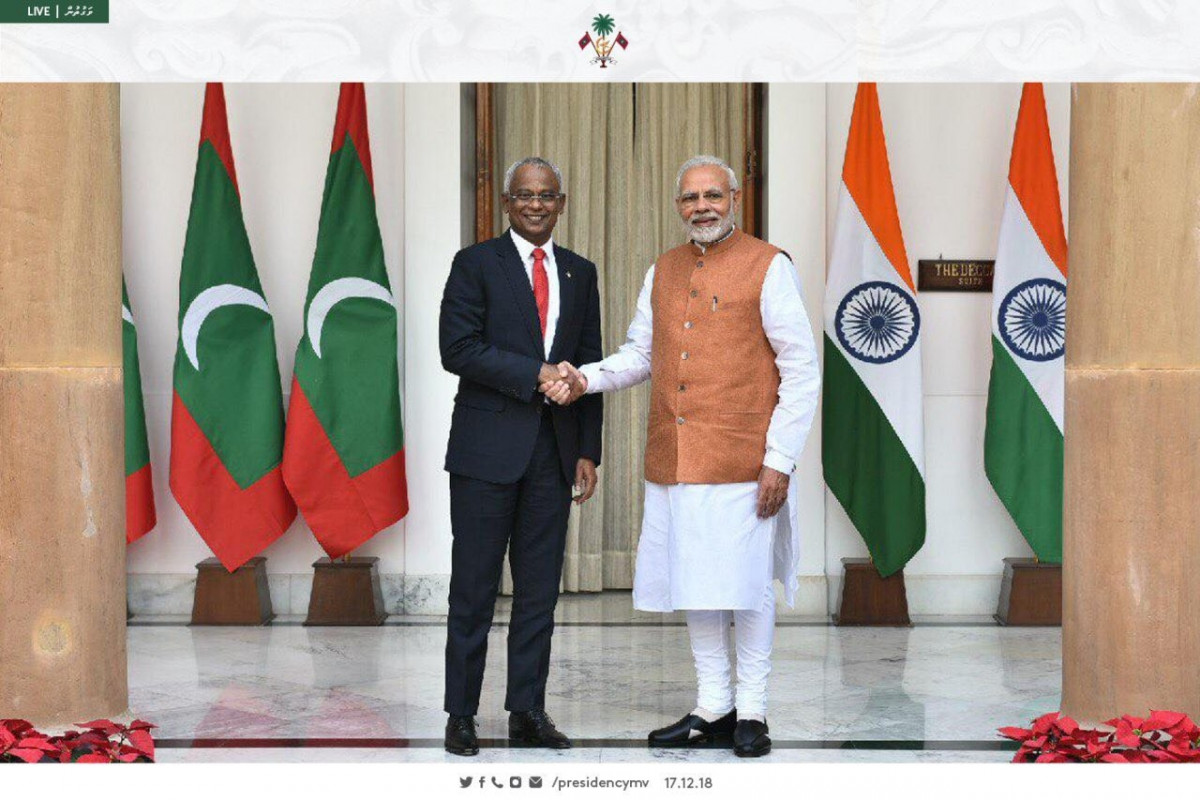Qasim Ibrahim's release terms are unconstitutional: MDP
Qasim Ibrahim is facing a number of allegations including bribery and attempting to influence the conduct of a public official


Qasim Ibrahim after a police summon in April, 2017
The Criminal Court’s highly restrictive terms under which Jumhooree Party leader Qasim Ibrahim was released are an affront to his constitutionally guaranteed rights, the Maldivian Democratic Party (MDP) has said.
The party said in a statement that the terms set out by the Criminal Court on Wednesday have no basis in the penal code, and can therefore only be described as a ‘means to maintain and support a tyrannical government’.
MDP reiterated the Maldivian people have rejected the current government and their tactics, adding that the results of the Local Council Elections – where MDP had acquired almost half of all seats.
Officers arrested and detained Qasim Ibrahim on the night of 6th April on allegations of bribery, attempting to influence the conduct of a public official, and trying to sway a voter.
The allegations of bribery claim that he had attempted to alter the no-confidence vote against parliament speaker Abdulla Maseeh – which MDP’s statement said is a claim aimed at protecting a ‘rubber-stamp’.
The Criminal Court released Jumhooree Party leader from remand after about three weeks in detention, under the condition that he abides by seven terms dictated by the judge.
The court’s ruling on Wednesday stated that Qasim Ibrahim be obliged to do the following:
Assist in the police investigation into the allegations against him.
- To refrain from any acts that constitute witness tampering.
- To not leave the borders of the capital city.
- To not make remarks that hinder the dignity of the parliament, judiciary, or government and those that are charged with presiding over these institutions.
- To not express ‘sentiments inciting discord’.
- To not meet or interact with individuals who ‘hold sentiments inciting discord’.
- To ensure that any lands or property held by him is not used to spread ‘sentiments inciting discord’.






